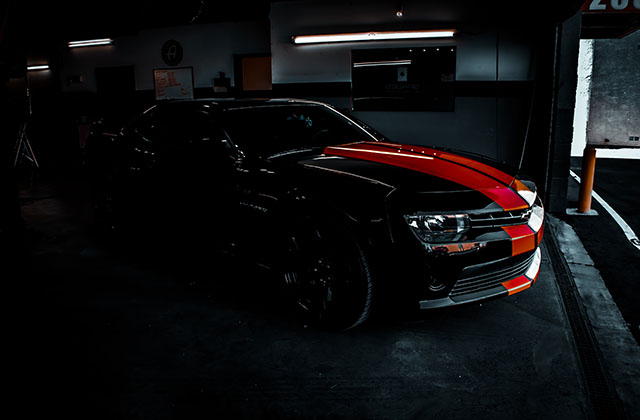Introduction
For a paint protection Melbourne company starting a car detailing business can be as easy or as difficult as you make it. If you’re looking to start your own detailing operation, here are some tips that will help get you started:
1. Establish Necessary Accounts
Establishing your business accounts is essential. You need a business bank account to deposit your income and pay bills. You should also set up a credit card for purchasing supplies and client purchases, as well as an insurance account for liability insurance (if you are legally required to carry it).
Finally, create a separate account for all tax payments so that they can be made on time and in full when due. This will help prevent fines from the IRS or state tax authorities!
2. Figure out What You Need to Get Started
So you’ve decided to start a car detailing business. Now what? Here are some things to consider before getting started:
- Where will you work? You’ll need a place not just to wash cars, but also where your customers can wait comfortably while their vehicle is being cleaned. In addition, it may be worthwhile setting up shop close to several gas stations so that you can offer an express wash service for people who are in a hurry (and don’t have time for all the details). Keep in mind that it’s best not to set up shop directly across from another location; there could be too much competition if two businesses are close together.
- Will anyone let me use their car for practice purposes? This can be one of the most difficult parts of starting your own business—it’s hard enough finding people who will pay money for someone else’s services; convincing someone else that their car needs cleaning is even harder! However, if possible try contacting local garages and rental companies see if they would be willing or able help out by letting someone practice on their vehicles first before paying customers arrive on site each day.
3. Consider your Target Market
The first step in knowing your target market is understanding the benefits of reaching them and their costs. For example, if you are a car detailing business that specializes in cleaning luxury cars and SUVs, then you will most likely seek clients who drive these types of vehicles. This means you should be focusing on finding clients who live in areas where there are lots of luxury cars on the road.
The next step is reaching out to people who fit this description and figuring out how to reach them. If there aren’t many luxury dealerships near your home base, then online advertising might be your best bet (e-mail campaigns, Google AdWords). You could also consider attending trade shows or events that cater to high-end buyers—but only if they fit into your budget!
Finally, after some time has passed and you have established clientele from this method of outreach (or others), it’s important that you figure out what works best for keeping them coming back for more services at regular intervals (which we’ll cover next).
4. Write a Business Plan
A business plan is a roadmap that outlines your goals, priorities, and milestones for the next year. It is also a useful tool for setting financial goals and creating long-term plans for growth.
A business plan will help you focus on what matters to you in the long run, so that you don’t get distracted by day-to-day tasks. Here are some things to consider when preparing your business plan:
- What are my short-term and long-term goals?
- How does this align with my business vision?
- Am I making progress toward my goals? Does it feel like things are working out as planned or am I off track?
- What do I need to do next (or what can I do more of) in order to reach these goals?
Starting a car detailing business can be an exciting endeavor
Starting a car detailing business can be an exciting endeavor, but it requires hard work and dedication. It also helps to have some passion for the subject. While you might think that anyone can detail cars, this is not the case. A lot of knowledge is required in order to properly detail any vehicle. You need to know how to clean everything from dashboards and seats down to door jams and tires on every type of car imaginable.
If you want your detailing business to succeed, then you’ll need some basic equipment such as high powered vacuums with attachments for carpets, mats and upholstery; polishers for removing paint overspray; buffers for waxing; tire shine applicators; microfiber towels or chamois cloths; waxes/polishes/wax removers depending on what needs done on each individual vehicle (i.e., scratch removal); hand towel clips for drying vehicles after washing them so no streaks appear when they’re done drying off at home (or wherever). These are just some examples of things needed when starting out in this business—there are many other things too like tools like pliers & screwdrivers which may come in handy during repairs/maintenance jobs such as changing light bulbs or fixing loose wiring connections inside electrical sockets/connections behind panels etc…
Conclusion
Starting a car detailing business can be an exciting endeavor. With so many options available to you, it can be hard to know what will work best for your business. The most important thing is that you choose something that you enjoy doing and are passionate about, as this will help make all the other steps easier to navigate through.

